
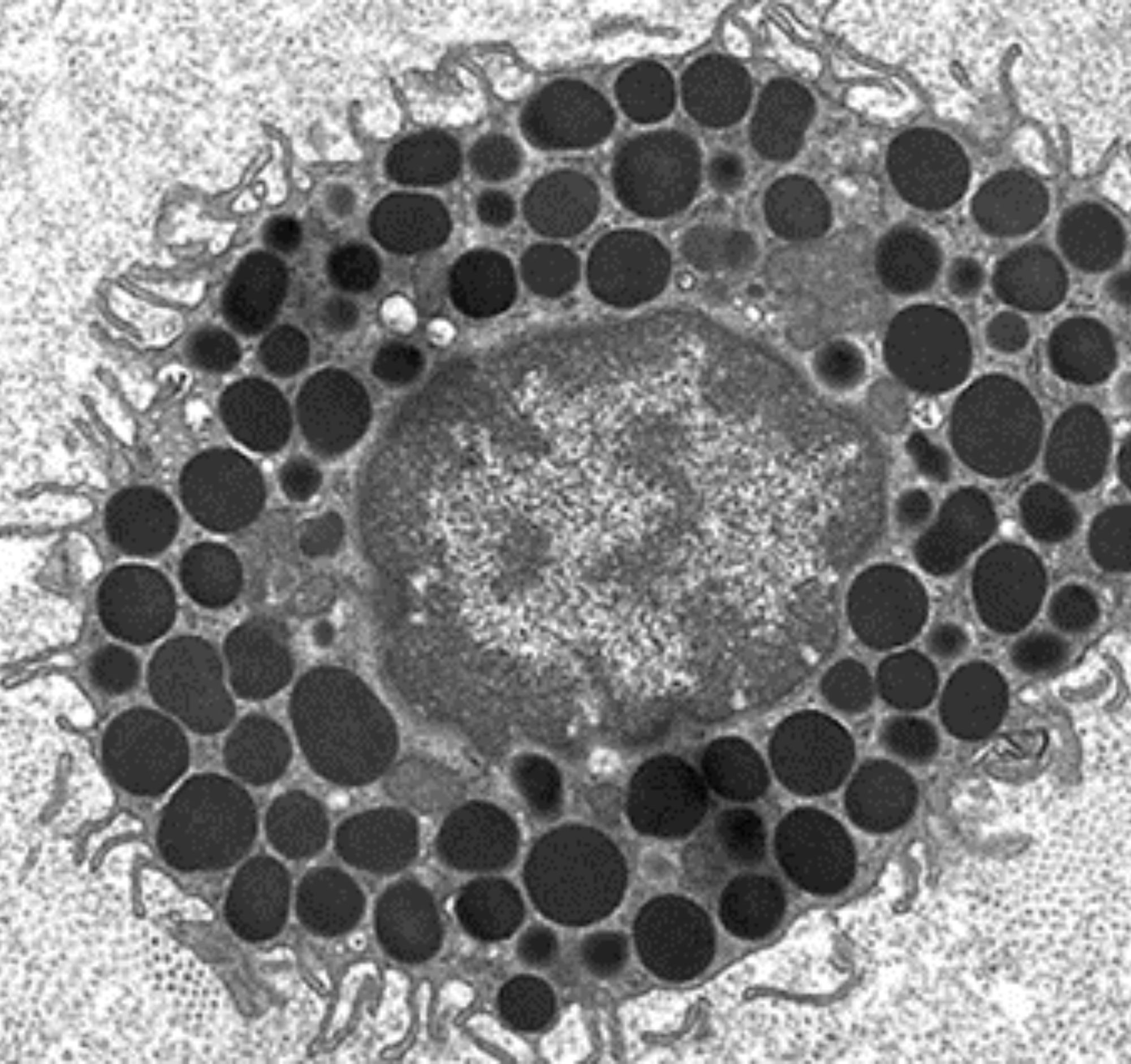
What is Mast Cell Activation Syndrome?
Mast Cell Activation Syndrome (MCAS) forms part of a spectrum of mast cell disorders caused by the abnormal proliferation, accumulation, function and/or activation of mast cells. It causes a wide range of unpleasant, frequently debilitating allergic and inflammatory symptoms in many different systems of the body.
People with MCAS can react to a wide range of triggers and potentiating factors including foods, chemicals, drugs, fragrances, temperature, exercise, stress, hormonal fluctuations and infection.
The onset of MCAS can be unpredictable, affecting both children and adults, and presents with a wide range of symptoms in multiple body systems, ranging from hives and rashes, respiratory problems, syncope, gastrointestinal pain, diarrhoea, reflux, neurological problems including anxiety and brain fog, bone pain, and anaphylaxis.
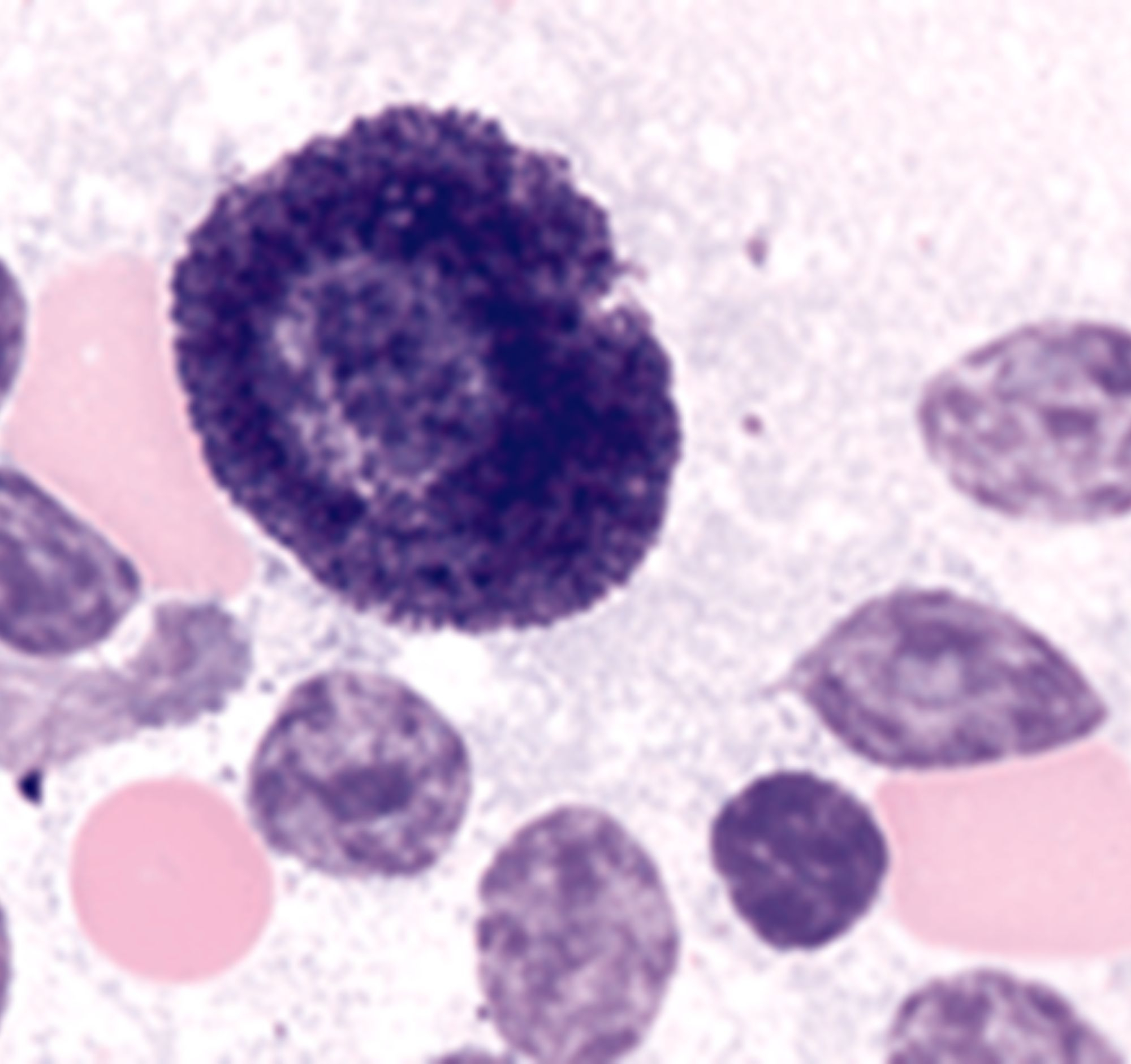
The complex, multisystem nature of MCAS can make gaining a diagnosis particularly challenging. The ability to gain a diagnosis is also negatively impacted by a lack of universally accepted diagnostic criteria and access to diagnostic biomarkers.
There is an urgent need to give a voice to patients, support doctors and researchers, and inform policy-makers about this widely under-recognised condition.
With your support, we feel confident that we can make a substantial difference to the lives of those affected by MCAS and their families.
You can read our collection of patient stories here.
If you are treating patients with MCAS or suspected MCAS or are interested in treating patients with MCAS, please register your details with us here.
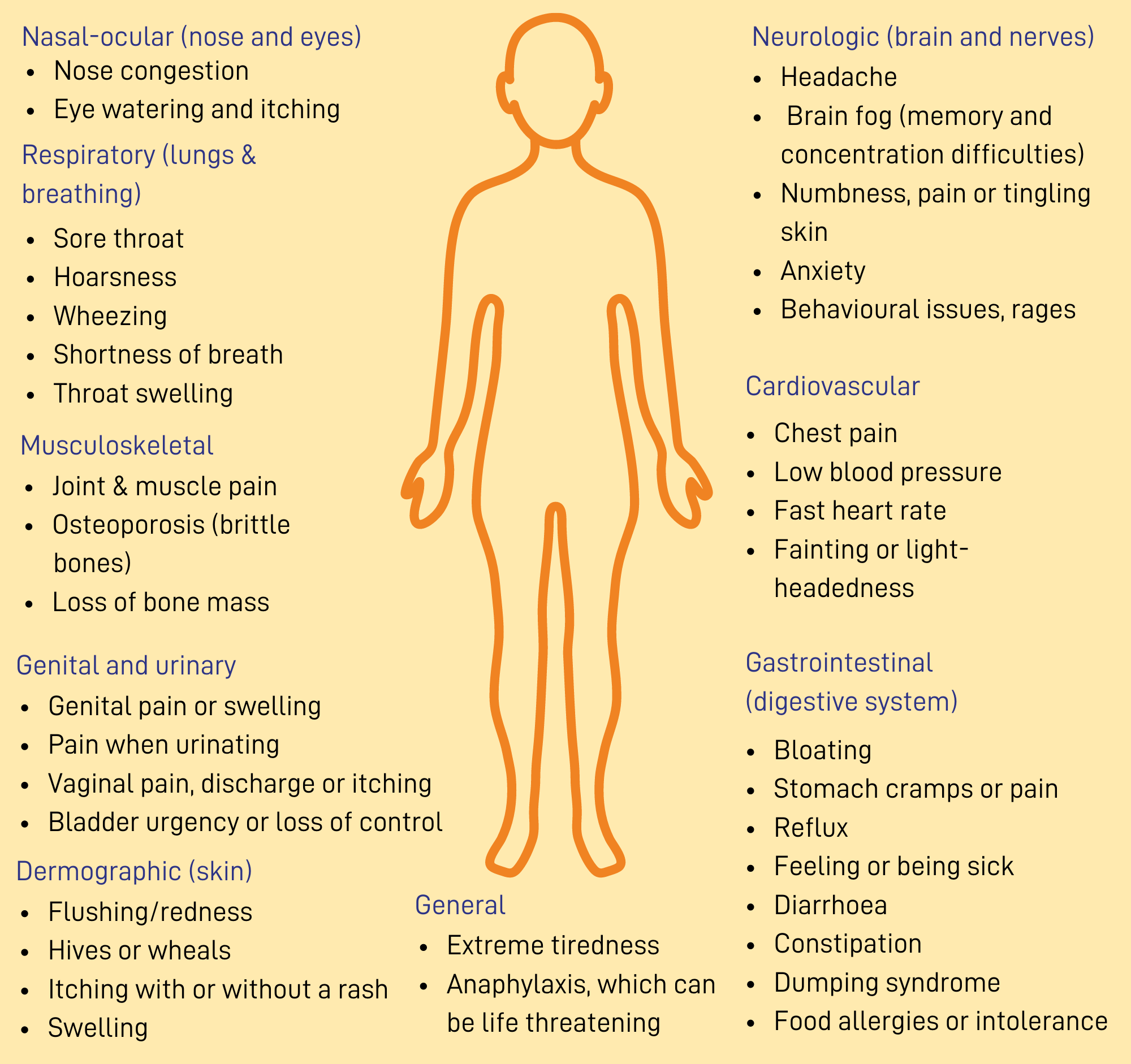
Symptoms of MCAS
The symptoms of MCAS are often unpleasant, sometimes debilitating and can include life-threatening anaphylaxis. These symptoms usually involve multiple systems of the body and can include skin (dermatologic) symptoms, gastrointestinal symptoms (such as abdominal pain, nausea and vomiting), respiratory symptoms, neurological problems and urinary issues.
MCAS symptoms are often episodic or wax and wane (meaning that they go and come back) and their severity can fluctuate over time. In some cases, people may suffer mild symptoms for a long time before experiencing a sudden increase in the frequency or severity of symptoms. Possibly after a particularly triggering incident for the immune system, such as a severe infection or a medical procedure or operation.
The extent of symptoms for people suffering MCAS can be substantial. The potential severity of symptoms paired with the unpredictability of triggers can mean that the everyday lives of people with MCAS, their families and carers are considerably impacted.
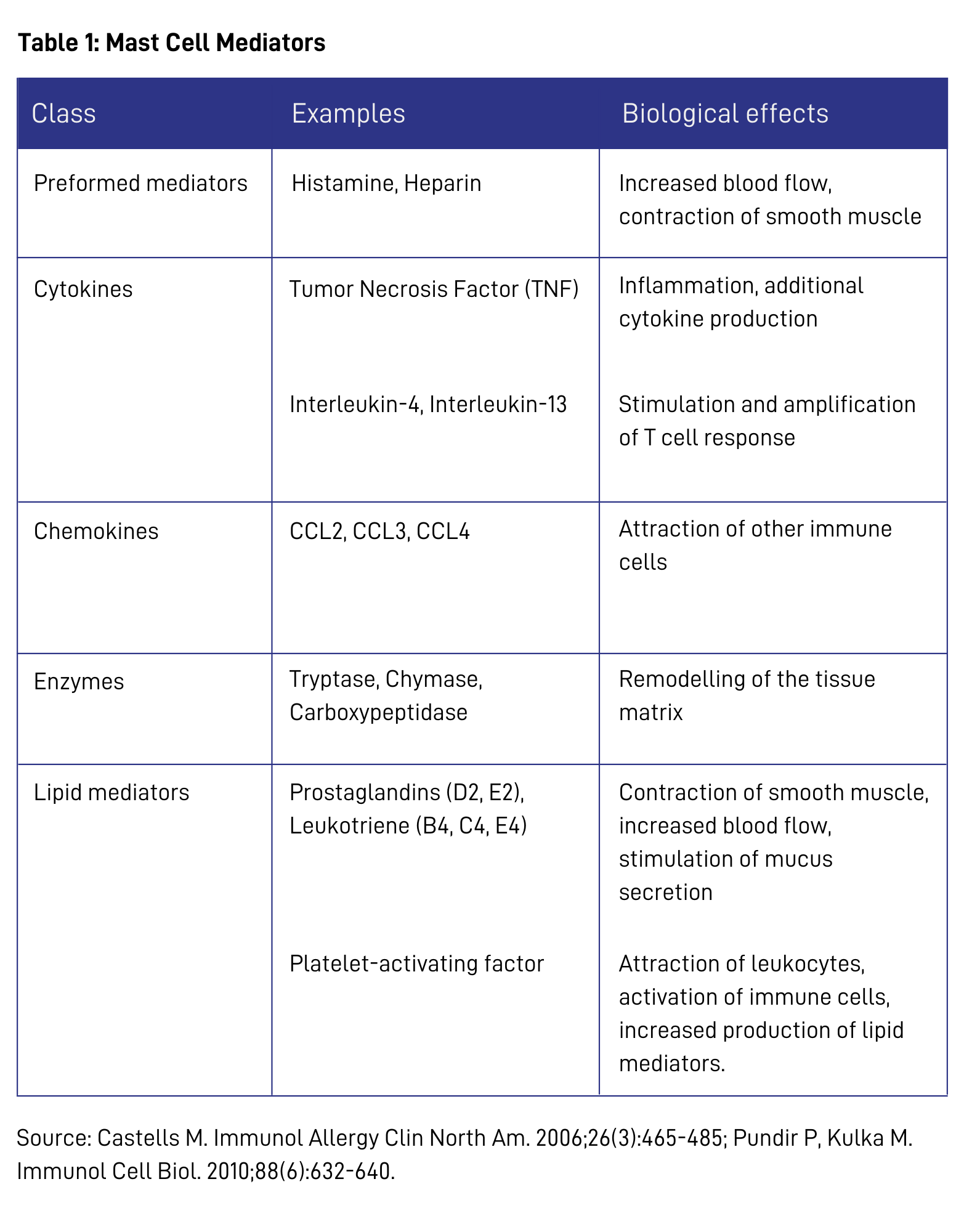
Mast Cell Mediators
Mast Cells are tissue white blood cells, found in all parts of the body
They are functionally and phenotypically heterogeneous. They are a key part of the innate immune system with a role in immune defence, patrolling linings of mucosal surfaces of organs: the host-environment interface
In response to triggers mast cells release a range of mast cell mediators. (See image to the left)

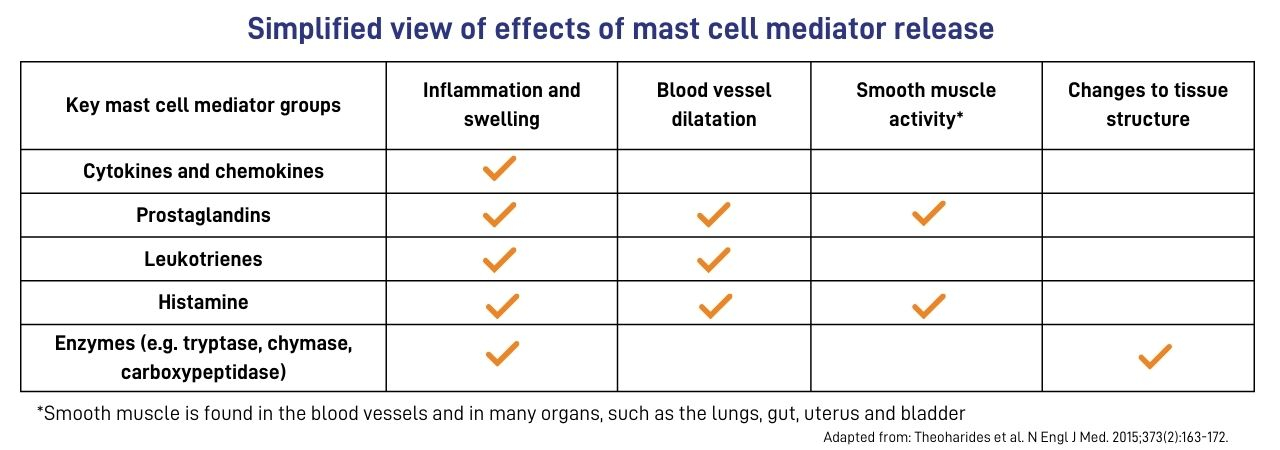
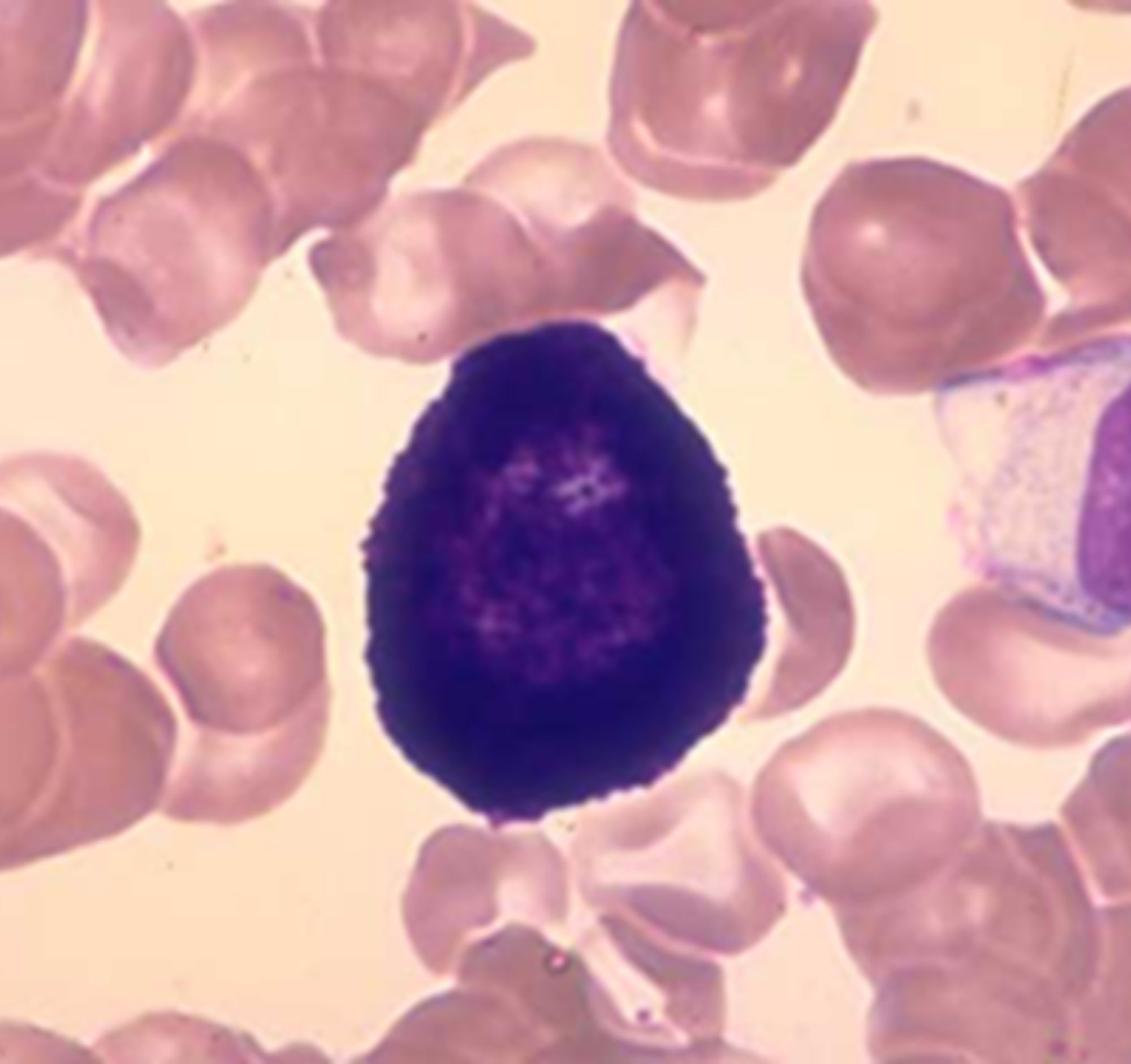
Comorbidities
Observational studies and patient-reported data show ‘clustering’ of MCAS with other conditions, meaning that people who have MCAS often also have at least one additional condition.
Common comorbidities include connective tissue disorders, e.g. Ehlers Danlos Syndrome (EDS) and Marfans, dysautonomia, such as postural orthostatic tachycardia syndrome (POTS), and type 2 diabetes. The relationship between MCAS and many of these comorbidities is yet to be fully understood, and more research is required.
Further information on comorbidities can be found in the Royal College of GPs Ehlers Danlos Syndromes Toolkit.
Link Between Mast Cell Activation Syndrome (MCAS) and Long COVID
As the medical community continues to unravel the complexities of Long COVID, emerging research suggests a significant link with Mast Cell Activation Syndrome (MCAS).
In recent studies, an increasing number of Long COVID patients exhibit symptoms that show similarities to MCAS, including persistent inflammation, gastrointestinal disturbances, and neurocognitive issues. We know that understanding this connection is likely to be crucial in developing effective diagnostic and therapeutic strategies for patients living with MCAS and/or long covid.
A study conducted in 2021, highlighted the similarities between the symptoms of those living with Long Covid and those with MCAS. 136 adults (mostly female) in a long covid focus group were recruited for an online assessment of symptoms pre & post COVID infection.
- 136 cases 89% F;
- 136 controls, 65% F;
- 80 MCAS cases 85% F
- Pre COVID LC subjects & controls similar symptoms
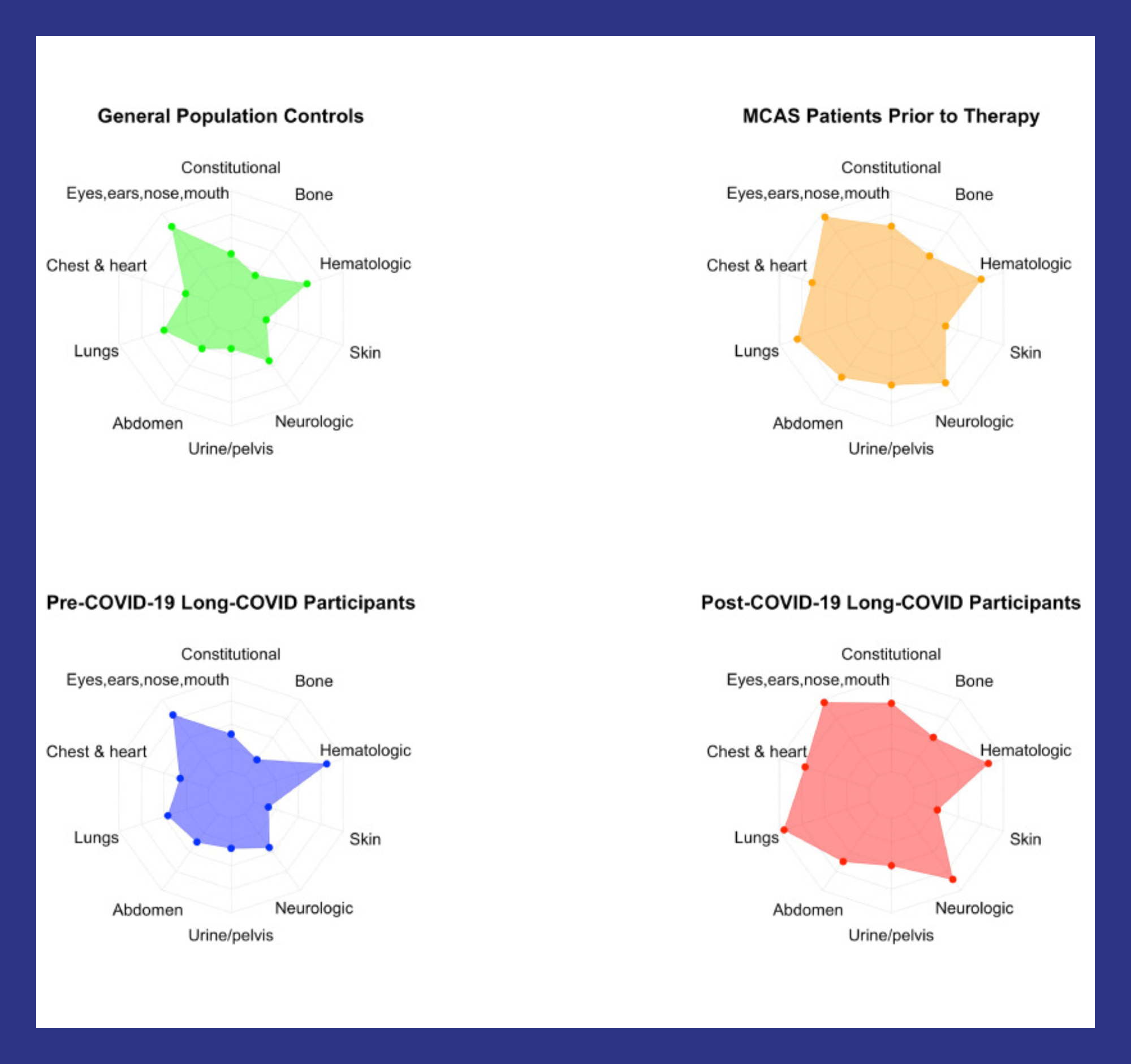
As you can see from the image on the left, Long COVID subjects & those with MCAS prior to treatment, had identical symptoms. Furthermore, MCAS symptoms increased in Long Covid patients, similar to those who have MCAS.
Conclusion: activation aberrant mast cells was induced by SARS-CoV-2 infection and may underlie part of the pathophysiology of long covid, suggesting routes to effective treatments
Mast cell activation symptoms are prevalent in long covid Weinstock L, Brook J, Afrin L, Molderings G. Int Journal of Infectious Diseases. 2021;112:217-226

Professional Network
If you are treating patients with MCAS or suspected MCAS or are interested in treating patients with MCAS, please register your details with us here. We are passionate about connecting healthcare professionals to share knowledge and collaborate. Mast Cell Action believes together we can enhance research, education, and awareness and ultimately improve the quality of life for those living with mast cell disease.
Join our professional network to:
- Receive important news and updates
- Get invites to dedicated HCP events
- Get updates about resources for patients
- Have optional listing on our database of HCP's - Opt in required

Useful presentations
Presentations given by Dr Alex Croom and Dr Bethan Myers at the 2019 PoTs Masterclass in the UK for more information on MCAS.
Presentations given by Dr. Anne Maitland from the ICAHN school of medicine at Mount Sinai in the US:
- EDS Virtual Summer Conference 2020: Treatment of Allergy and Immunology Issues
- Bobby Jones Chiari & Syringomyelia Foundation Educational Lecture Series 2019: Mast Cell Activation Syndrome
Dr. Theoharis Theoharides explains more about mast cells and the role of mast cell activation in the immune system.
Further reading
Akin C. Mast cell activation syndromes. J Allergy Clin Immunol. 2017;140(2):349-355.
Molderings GJ, Haenisch B, Bogdanow M, Fimmers R, Nöthen MM. Familial occurrence of systemic mast cell activation disease. PLoS One. 2013;8(9):e76241. Published 2013 Sep 30.
Theoharides TC, Tsilioni I, Ren H. Recent advances in our understanding of mast cell activation - or should it be mast cell mediator disorders?. Expert Rev Clin Immunol. 2019;15(6):639-656.
Afrin LB, Ackerley MB, Bluestein LS, et al. Diagnosis of mast cell activation syndrome: a global "consensus-2". Diagnosis (Berl). 2020;/j/dx.ahead-of-print/dx-2020-0005/dx-2020-0005.xml.
Simons FER, Ardusso LR, Bilò MB, et al. International consensus on (ICON) anaphylaxis. World Allergy Organization Journal.
Resources
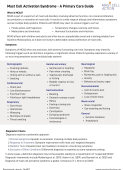
Mast Cell Activation Syndrome - A Primary Care Guide
A primary care guide to Mast Cell Activation Syndrome. It outlines common triggers, diagnostic criteria, and key symptom patterns affecting various body systems, helping clinicians recognise and differentiate MCAS from other conditions.

Skin Symptoms Article
This article has been written by Helen Brown, BSc (Hons) Health Sci, MSc MHS and looks at the diagnostic consensus of skin symptoms in Mast Cell Activation Syndrome.

MCAS and Long Covid
Mast cells are intrinsic immune cells present in connective tissues throughout the body, especially at tissue-environment interfaces. This document looks at the connection between MCAS and Long Covid.
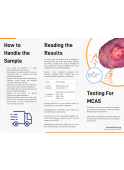
MCAS Testing for Healthcare Professionals
This leaflet details some of the tests used to diagnose MCAS, how to order and handle a sample and how to read the results.
Resources to share with patients

Mast Cell Activation Syndrome - A Primary Care Guide
A primary care guide to Mast Cell Activation Syndrome. It outlines common triggers, diagnostic criteria, and key symptom patterns affecting various body systems, helping clinicians recognise and differentiate MCAS from other conditions.

Arranging education for children who cannot attend school because of health needs
This guidance outlines how local authorities and schools can best support children who cannot attend school because of physical or mental health needs.
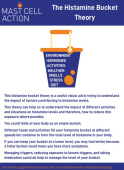
The Histamine Bucket Theory
This histamine bucket theory is a useful visual aid in trying to understand the impact of factors contributing to histamine levels.
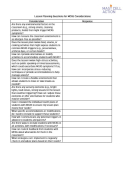
Lesson Planning Questions for MCAS Considerations
This list can help teachers and other educators to include students living with MCAS, when planning lessons and classroom activities

Supporting Safe Learning for Students with MCAS Full Pack
This full resource pack is designed to help you share vital information about mast cell disorder with schools.
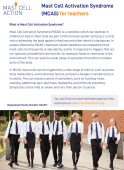
Supporting Safe Learning for Students with MCAS for Teachers
This resource has been designed to explain Mast Cell Activation Syndrome to Teachers and guide them in creating a safe environment for pupils.

Supporting Safe Learning for Students with MCAS
This kit has been specially designed for parents and primary caregivers of secondary school students who have a mast cell disorder, such as Mast Cell Activation Syndrome (MCAS).
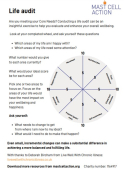
Life Audit
Are you meeting your Core Needs? Conducting a life audit can be an insightful exercise to help you evaluate and enhance your overall wellbeing.
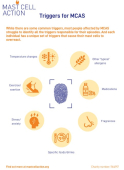
Triggers
This resource details some of the more common triggers of Mast Cell Activation Syndrome.
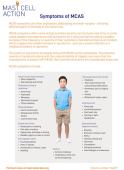
Symptoms of MCAS
This resource details some of the more common symptoms of Mast Cell Activation Syndrome.
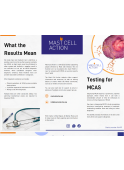
MCAS Testing
This leaflet documents some of the tests that may be used to diagnose MCAS and explains how to read the results.

Recipe Conversion
You can use this blank recipe conversion page to note down any MCAS friendly changes you have made to your favourite recipe's.
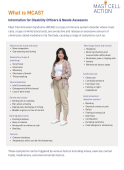
MCAS for Disability Officers
This information guide about MCAS, and the additional needs a student with MCAS may have, can be shared with Disability Officers and other members of staff at universities.

MCAS and higher education
This resource has been designed to provide general guidance and help students to access support as they approach further education at university.

Full school pack
This PDF combines our freedom kit, MCAS for teachers pack and letter for schools in one handy download.
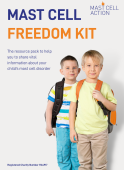
Freedom Kit
The resource pack to help you to share vital information about your child's mast cell disorder with school and other care-givers.
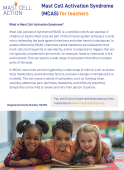
MCAS for teachers
This pack can be used to share information about MCAS with teachers and other care-givers.
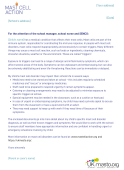
Letter for schools
Use this letter template along with the Freedom kit to share your child's needs with their school or childcare provider

MCAS Self-management toolkit
This toolkit contains information about substances in food and in the environment that can affect mast cell activity or trigger MCAS symptoms. It also includes practical advice to help you understand and avoid these triggers, as needed.
MCAS symptom log
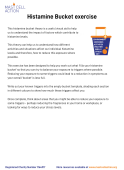
The histamine bucket exercise
This histamine bucket is a useful visual aid in trying to understand the impact of factors contributing to histamine levels.

Swiss Interest Group Histamine Intolerance (SIGHI)
SIGHI is an organisation that provides information about histamine-related disorders.
The low histamine chef
Blogs, books and recipes written by the low histamine chef (Yasmina Ykelenstam), a health journalist who has managed her own histamine intolerance for more than 10 years.

Medication log - adult
A medication timetable to log daily medications

Doctor visit preparation form
A form designed to help you to plan the questions you would like to ask and symptoms you would like to discuss at medical appointments.

Medication log - children
A medication log blank which you can use to record medications, dosages and medication times in order to keep on track.
Become a friend
Sign up to become a Friend of Mast Cell Action so we can keep you up to date on our progress and on how to get involved in our latest campaigns and initiatives.
Donate
Mast Cell Action relies entirely on the generosity of people like you. Please make a donation now and together we can make a difference to those affected by MCAS.







